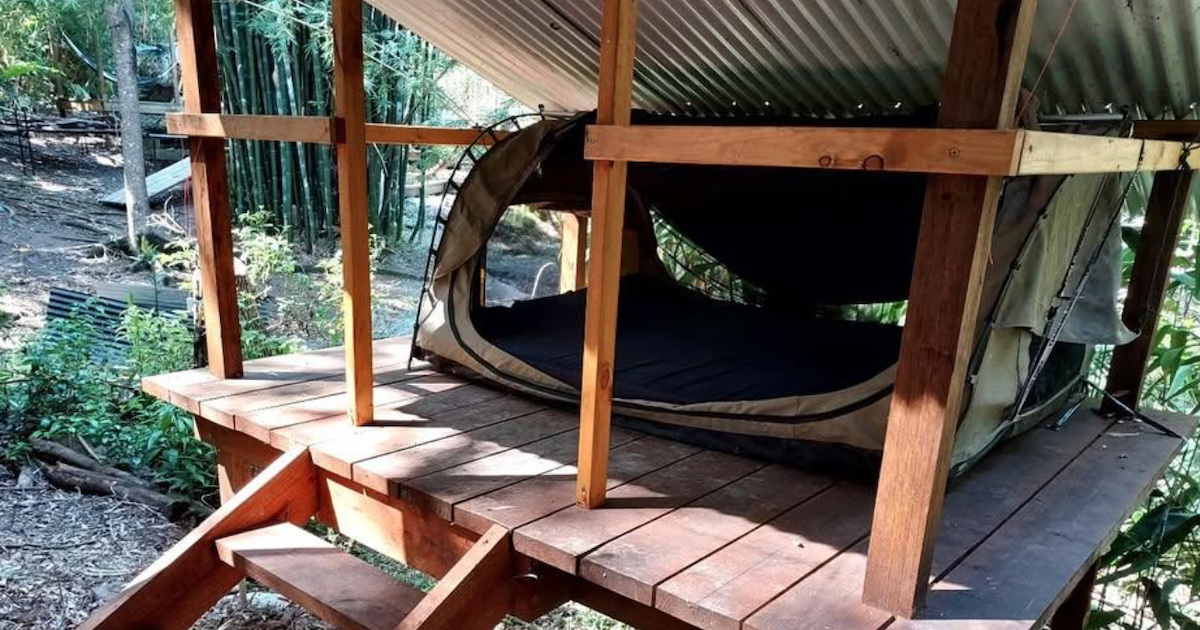Biosecurity’s top dog
The Department of Agriculture, Fisheries and Forestry (DAFF) has announced its ‘Top Dog’ for 2022 – an annual award for the best detector dog and their handler team.
The 2022 title was given to Melbourne’s Qubit and handler Sam for their contribution to protecting Australia against biosecurity threats, including foot and mouth disease (FMD) in Melbourne Airport and the Melbourne Mail Gateway.
“Qubit and Sam sniffed out and seized more FMD risk material—meat and dairy products—than any other biosecurity dog team last year,” DAFF’s Acting Secretary and Acting Director of Biosecurity, Dr Chris Locke, said.
“Together they intercepted 126 products with the potential to carry FMD, and seized 765 individual biosecurity risk items. In 2022 we saw the threat of FMD and lumpy skin disease grow as it was detected in our near neighbour, Indonesia.
“In response, the biosecurity detector dog program expanded the detector dog target odours to include dairy products, which have a greater risk of carrying exotic diseases including FMD.”
The Department currently has 46 labradors working as biosecurity detector dogs across Australia’s international airports, mail centres, and seaports – this will increase to 62 labradors over the next two years.
Special mentions were also awarded to other biosecurity dog teams. ‘Most Versatile’ was given to Detector Dog Vespa in Sydney who, with her handlers, found the widest range of commodities (124 different commodities across her 635 individual risk items seized).
‘Rookie of the Year’ was awarded to Detector Dog Emma in Sydney who sniffed out 278 individual risk items since her graduation in August 2022. This equates to almost 3 seizures per operational workday.
The October budget included funding for an extra 20 dogs and their handlers on the frontline. The first four of that new cohort recently graduated from their 8-week novice training course at a specialised facility in Brisbane.
In 2022, Biosecurity Detector Dogs screened 6.2 million mail items and over 850,000 travellers entering Australia. They intercepted approximately 10,700 mail articles and 14,600 travellers carrying biosecurity risk items.



















